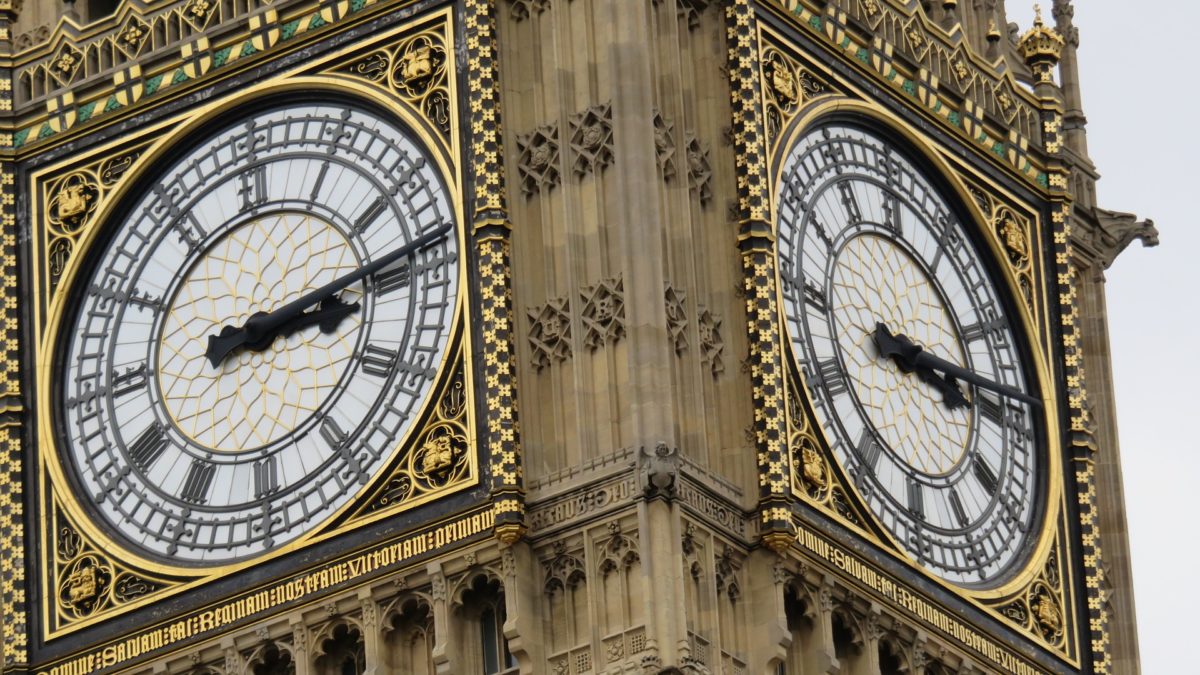As Britain swelters under an ongoing heatwave, the U.K. government has followed-up last week’s decision to propose ending renewable energy export payments by awarding the nation’s first shale-gas fracking licence, prompting outrage from green energy groups.
Last Thursday, the government’s Department of Business, Energy and Industrial Strategy (BEIS) announced it will be consulting over a proposal to end export payments to small-scale renewable energy producers, meaning households with solar PV arrays would be forced to export surplus energy to the grid for free.
Just five days later – and with parliament in its summer recess – Energy Minister Claire Perry awarded the U.K.’s first fracking permit, to Cuadrilla, for a site at Preston New Road, in Lancashire in the north west of England. With work expected to start as early as next month, the operation could be up and running by the time parliament returns on September 4.
Green Party U.K. co-leader Caroline Lucas told pv magazine: “It's disgraceful that the government quietly signed off fracking in Lancashire on a busy last day in parliament before recess. They've ignored local people, overruled local councillors and torn up our commitments to tackle climate change.
‘Cynical move'
A spokesman for BEIS told pv magazine: “We are committed to a diverse energy mix that is secure, affordable and clean. Shale gas has a potentially important role to play in that mix as we transition to a lower-carbon economy.
“The feed-in-tariff scheme [for solar] has been hugely successful, generating electricity for two million homes. But it’s only right we protect consumers and adjust incentives as costs fall. That’s why we are consulting on the closure of the scheme and will announce [the] findings in due course.”
In a press release issued by the government department to announce the fracking decision, Mrs Perry said: “Shale gas has the potential to be a new domestic energy source, further enhancing our energy security and helping us with our continued transition to a lower-carbon economy. It also has the capacity to deliver substantial economic benefits, both nationally and locally, as well as through the creation of well paid, high-quality jobs.
“We already have an excellent, long-standing reputation for safe oil and gas exploration. Our world class regulations will ensure that shale exploration will maintain robust environmental standards and meet the expectations of local communities.
“I have carefully considered Cuadrilla’s application and I am content that hydraulic fracturing consent should be granted in this instance.”
Popular content
‘Fracking should be banned'
The move will be deeply unpopular with many local residents, who have campaigned to resist fracking, which they claim risks air and water pollution and which some linked with earth tremors when initial trial tests were carried out in the county seven years ago. Environmental group Friends of the Earth has been censured by the U.K. Advertising Standards Authority in the past for making unsubstantiated claims in leaflets it distributed in opposition to Cuadrilla's proposals.
The Labour Party’s Shadow Business Secretary, Rebecca Long Bailey, has gone on the record with her opposition to fracking, and in response to the government’s decision to ease planning hurdles for companies like Cuadrilla back in May, said: “Fracking should be banned, not promoted. But the government is encouraging this dirty fossil fuel by making the planning application easier and creating a special fracking regulator.
“Labour will ban fracking and boost renewable energy projects.”
The latest development comes as MPs today warned the British government is woefully unprepared to deal with heatwaves they predict could occur every other year by the 2040s.
The cross-party Environmental Audit Committee has called for the government to ensure buildings – especially hospitals and care homes for the elderly – are prepared to cope with heatwaves.
An article in today’s Guardian newspaper reports the chair of the committee, Mary Creagh, has claimed the government is ignoring the warnings of its own Committee on Climate Change which, the article adds, says it has recommended a new heatwave-resilient standard be introduced into building regulations every year since 2014.
This article has been updated to include Caroline Lucas' comments, and those received from BEIS.
This content is protected by copyright and may not be reused. If you want to cooperate with us and would like to reuse some of our content, please contact: editors@pv-magazine.com.



5 comments
By submitting this form you agree to pv magazine using your data for the purposes of publishing your comment.
Your personal data will only be disclosed or otherwise transmitted to third parties for the purposes of spam filtering or if this is necessary for technical maintenance of the website. Any other transfer to third parties will not take place unless this is justified on the basis of applicable data protection regulations or if pv magazine is legally obliged to do so.
You may revoke this consent at any time with effect for the future, in which case your personal data will be deleted immediately. Otherwise, your data will be deleted if pv magazine has processed your request or the purpose of data storage is fulfilled.
Further information on data privacy can be found in our Data Protection Policy.